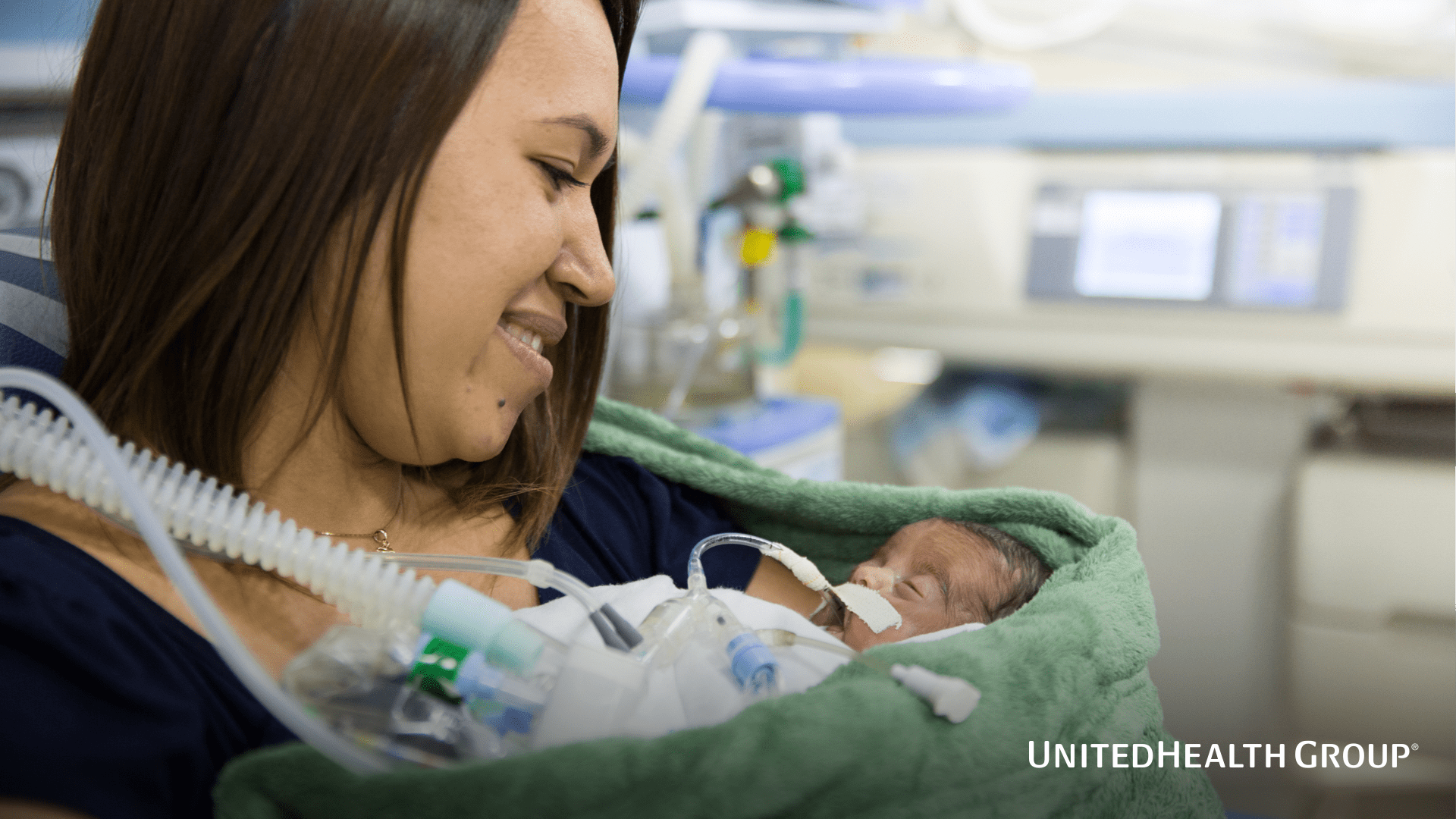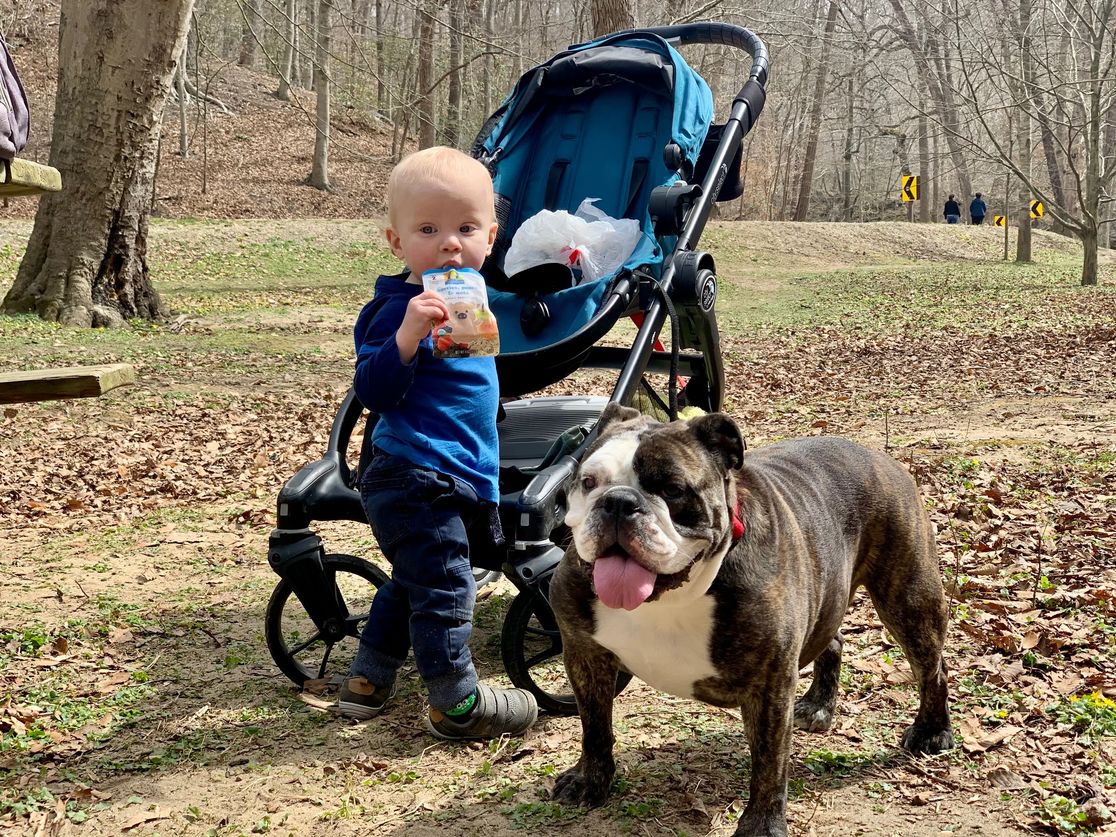| | | | | | | Presented By UnitedHealth Group | | | | Vitals | | By Tina Reed ·May 28, 2021 | | Good morning. Vitals will not publish on Monday in observance of Memorial Day. As we remember those who've died for our country this weekend, I want to extend a thank you to those who are serving or have served in the military, and their families. We'll be back in your inbox on Tuesday. Have a wonderful — and safe — holiday, everyone. Today's word count is 975 or a 4-minute read. | | | | | | 1 big thing: Companies, states up the ante on vaccine incentives |  Ohio Department of Health; Chart: Andrew Witherspoon/Axios For those who haven't been convinced to get a vaccine yet, companies have begun offering everything from date nights out to tropical vacations. Why it matters: The giveaways are just the latest examples of increasingly lucrative rewards aimed at luring the hesitant. It started with free donuts from Krispy Kreme. And now more companies and states are upping the ante. - CVS Health's prizes include giveaways of $5,000 for family reunions, one-week cruises, dates from dating app Hinge and more.
- United Airlines is offering MileagePlus members who upload their vaccination cards by June 22 a chance to win free flights for a year.
Since Gov. Mike DeWine announced a $1 million lottery and chances for college scholarships on May 12, nearly 2.8 Ohioans got a shot, the state said. It announced its first winners on Wednesday. - Republicans in Ohio, however, have called the lottery 'a frivolous use of taxpayer dollars,' the Guardian writes.
Still, other states appear to be taking notes. Giveaways can be effective among those people who don't have any deep-seated reason not to be vaccinated, said Emily Largent, a medical ethicist at the University of Pennsylvania. - Perks from companies can "make the vaccine more appealing in the here and now," Largent told Axios.
As it turns out, the CDC's announcement that vaccinated people could take off their masks may have been a big incentive, making online interest in vaccines spike, according to new CDC data reported by CNN. - "This shows incentives matter," Jonathan Reiner, professor of medicine and surgery at George Washington University School of Medicine told CNN.
|     | | | | | | 2. Many holdouts still waiting on FDA approval |  Data: Kaiser Family Foundation; Chart: Will Chase/Axios One of biggest factors to convince many holdouts to get a shot could simply be full FDA approval, according to the latest KFF COVID-19 Vaccine Monitor. Driving the news: Nearly a third (32%) of unvaccinated adults polled by KFF, including 44% of those identified as being in the "wait and see" group, said they'd be more likely to get a shot it received full approval. - Smaller numbers of people said they'd be motivated by various financial incentives.
- For instance, 15% said they'd be more likely to get a shot if they were offered $100 from their state government while 11% said free tickets to a sporting event or concert would make them more likely to get a vaccine.
- Financial incentives were most attractive to Black, Hispanic and low-income respondents.
The other side: Among those who identified themselves as vaccinated and not ready to get the vaccine, 41% said they have felt "unfairly pressured." - That pressure, they said, was most often coming from the government (36%), the media (19%), society in general (14%) and their friends, family, or coworkers (12%).
|     | | | | | | 3. Myocarditis rare after COVID-19 |  | | | Illustration: Annelise Capossela/Axios | | | | Only about 2% of college athletes who recovered from COVID-19 were later diagnosed with myocarditis, or inflammation of the heart, according to a new study published Thursday in JAMA Cardiology. Why it matters: The study, with some of the most comprehensive data yet on the cardiac condition connected to COVID-19, reveals its prevalence is less than previously believed. - Exercising with myocarditis can increase the risk of cardiac arrest and sudden death among athletes and young people.
The big picture: The complication and its unknown long-term effects contributed to Big Ten and other intercollegiate conferences' postponed seasons last fall. Details: Close to 40 of the 1,597 athletes who tested positive for the virus were found to have clinical myocarditis or subclinical myocarditis, the study shows. - Nine athletes were symptomatic, with most experiencing chest pain and some with heart palpitations.
Be smart: People who had COVID-19 and no initial symptoms of chest pain or palpitations can partake in physical activity as long as they "take it more slowly," Curt Daniels, a cardiologist and professor at the Ohio State Wexner Medical Center who led a team of 30 researchers on the study, tells Axios. Share this story. |     | | | | | | A message from UnitedHealth Group | | Helping to advance health equity with actionable insights | | |  | | | | For more than 30 years, the United Health Foundation's America's Health Rankings has provided actionable insights to identify health disparities across the U.S. - Our latest report identifies disparities among seniors, including food insecurity and risk of social isolation.
Read the report. | | | | | | 4. Ascension has weathered COVID just fine |  Data: Ascension financial disclosures; Chart: Will Chase/Axios Taxpayer bailouts and massive gains from Wall Street investments helped Ascension — the largest tax-exempt hospital system in the country — glide through the coronavirus pandemic, Axios' Bob Herman reports. Why it matters: Dominant hospital chains like Ascension really haven't had to worry about their financial status during the pandemic, unlike smaller hospitals and safety-net systems, in part because those chains already accumulated massive rainy day funds over the years. By the numbers: Patients still aren't going to Ascension's hospitals and doctors' offices as much as they were before the pandemic. But the Catholic system is still making a surplus from patient care as it treats sicker people, according to its most recent financial disclosure. - Ascension has received $1.8 billion in federal bailout grants and has registered $5.7 billion in total net profit in the 12-month period that ended March 31.
What they're saying: Ascension told bondholders the pandemic has cost the system "$1.9 billion in lost revenue and pandemic-related expenses," and that although the federal grants didn't completely cover that amount, it was "able to absorb the remaining negative financial impact through other operations." - It's worth noting Ascension is sitting on $26 billion of cash and investments.
Go deeper: Hospitals are making a fortune on Wall Street |     | | | | | | 5. Dog of the week |  | | | Ruby. Photo: Christina Worthington | | | | Meet Ruby, a bulldog who is referred to by mom Christina Worthington as a "medical marvel." - At 4.5 yrs, she has already had seven surgeries for various reasons, but "because of the miracle of modern medicine (and good pet insurance) she's still going strong!" writes Worthington, a political consultant in Washington, D.C.
- Ruby likes to lie and snore on Worthington's legs every morning while mom reads Vitals. "Who doesn't love a goofy chunk of a bulldog?!" says Worthington.
Indeed, I can't. Ruby standing guard next to her little brother Samuel at Rock Creek Park in D.C. Photo: Christina Worthington |     | | | | | | A message from UnitedHealth Group | | Working to improve maternal care in underserved communities | | |  | | | | Nearly 1 in 4 women do not receive essential prenatal care. - Through local community partnerships in states like Nevada, Hawaii, Michigan and Ohio, UnitedHealth Group is helping to reduce maternal health disparities.
Learn more about how we're advancing health equity. | | |  | | The tool and templates you need for more engaging team updates. | | | | | | Axios thanks our partners for supporting our newsletters.
Sponsorship has no influence on editorial content. Axios, 3100 Clarendon Blvd, Suite 1300, Arlington VA 22201 | | | You received this email because you signed up for newsletters from Axios.
Change your preferences or unsubscribe here. | | | Was this email forwarded to you?
Sign up now to get Axios in your inbox. | | | | Follow Axios on social media:    | | | | | |











No comments:
Post a Comment